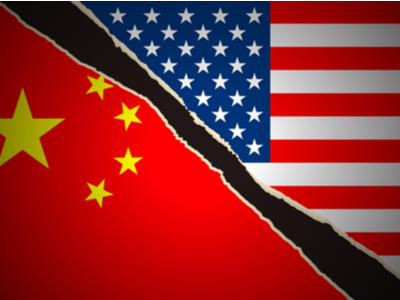In August 2019, federal prosecutors indicted Feng Tao, a Chinese scientist conducting research at the University of Kansas, on fraud charges. The indictment may not appear notable at first glance. But when viewed against the backdrop of the Trump administration’s escalating trade war and the Department of Justice’s “China Initiative,” the facts underlying this prosecution may tell a deeper story.
As part of its China Initiative—a program announced in November 2018 to combat state-sponsored intellectual property theft—the DOJ set out to develop an enforcement strategy concerning universities and research laboratories. These institutions are considered particularly vulnerable targets of Chinese espionage because of their status as recruiters of foreign talent and incubators of state-of-the-art technology. The FBI has since begun scrutinizing universities’ ties to China, reaching out to schools around the country to curb the threat of technology and trade secret theft posed by researchers tapped by the Chinese government. READ MORE






